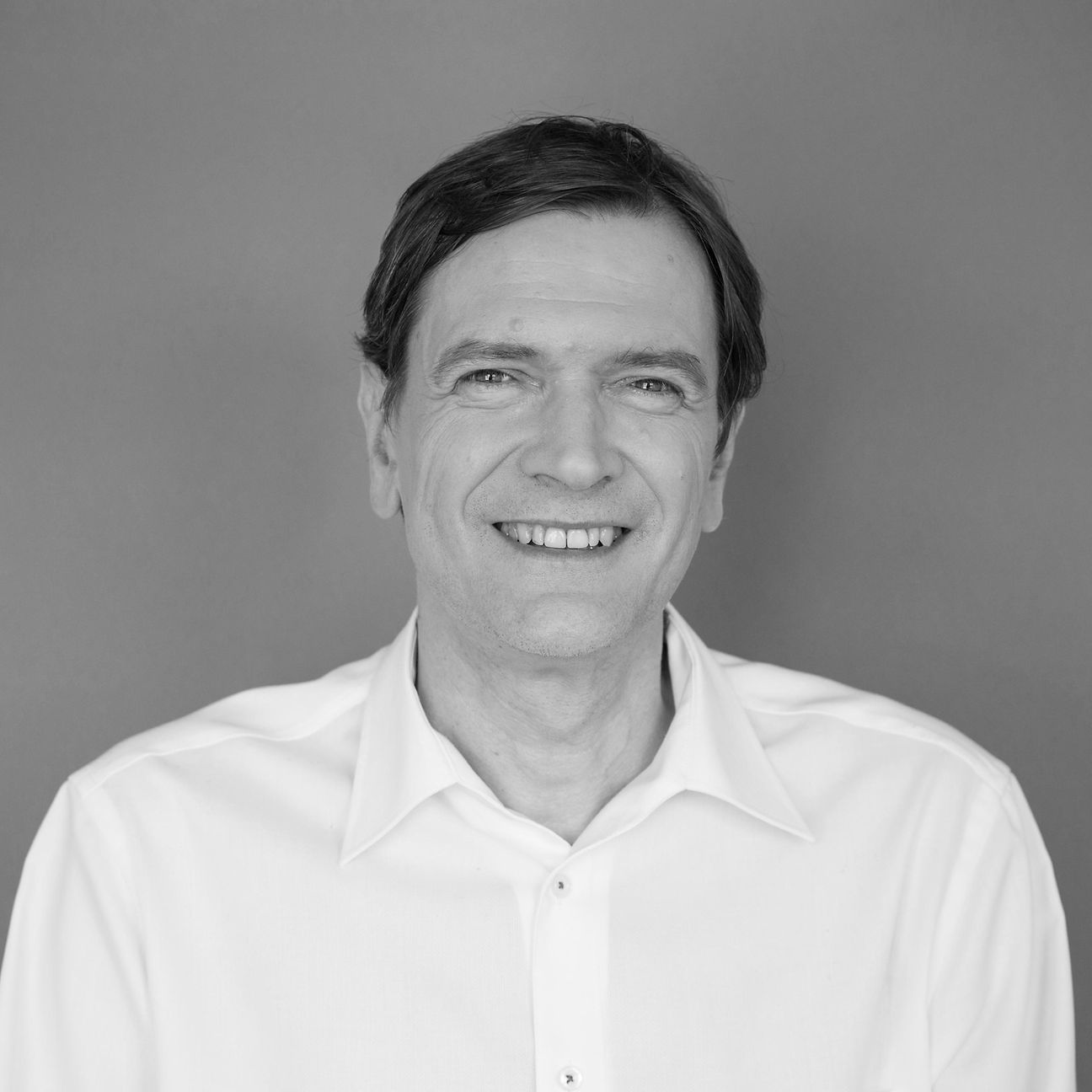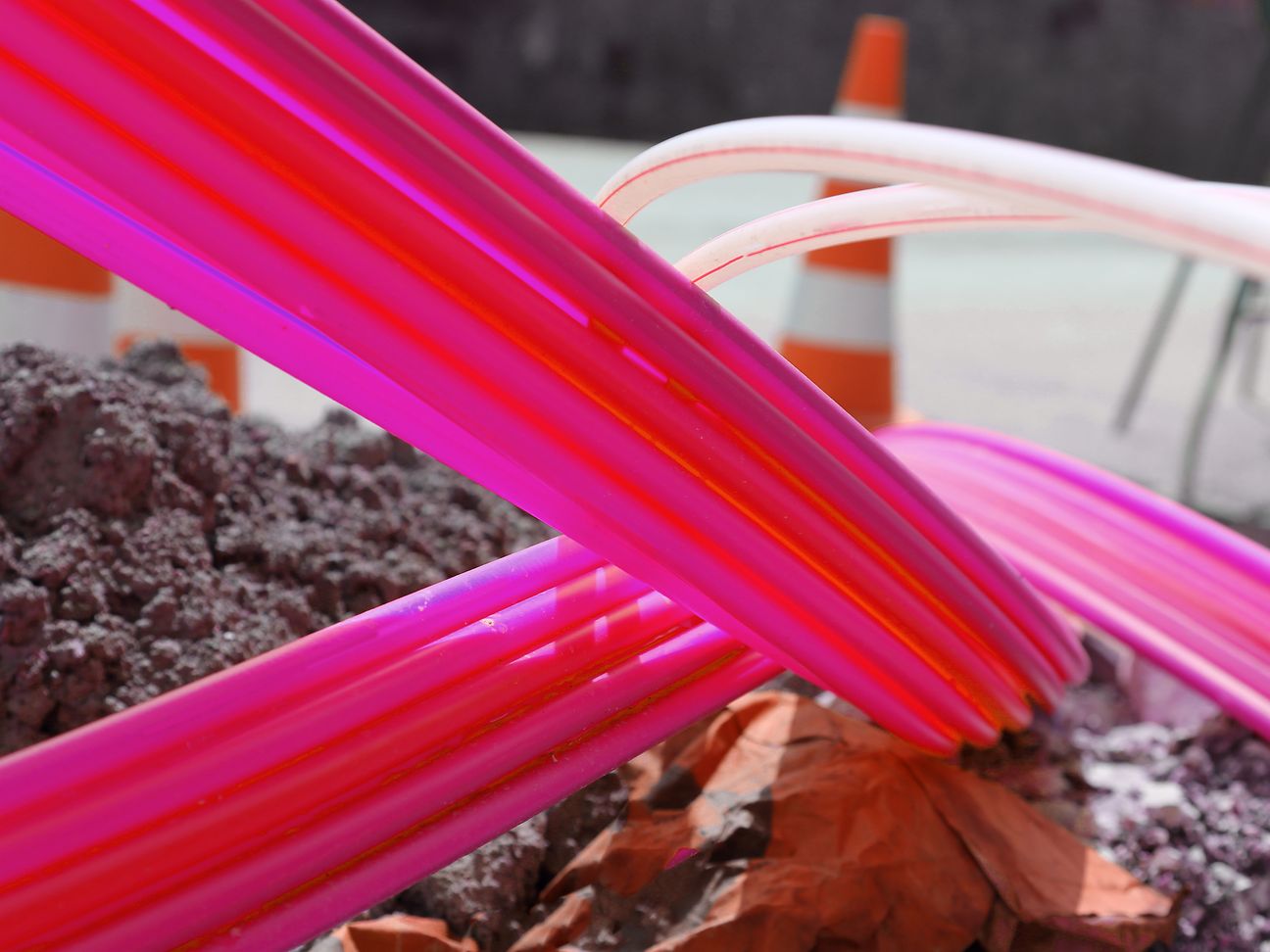

Diversity instead of dependence
A technology group like Telekom needs strong partners, large and small. Partners who offer reliability, partners who stand for innovation. Partners who have to prove themselves in competition. Ultimately, this benefits us just as much as it benefits our partners. What does this look like in detail and what effects does it have. A technology group like Telekom needs strong partners, large and small.
12 facts
Telekom has long been committed to a so-called multi-vendor strategy. This means that we buy from a large number of different manufacturers so that we do not become dependent on individual manufacturers. These include big names such as Cisco, Juniper, Nokia, Ericsson and Huawei, but also smaller providers.
In detail, this means for the European Telekom subsidiaries, including Germany: 30 percent of our technology purchases are made by American manufacturers, and 25 percent by European and Chinese manufacturers. The remaining percentages are other Asian or small local providers.
Thanks to our multi-vendor strategy, there is no dominant supplier for the entire network.
The choice of manufacturers in the antenna access network is limited. Due to the energy-saving SRAN technology in the antenna network, which is particularly widespread in Europe, 5G components can only be set up on 4G components from the same manufacturer. This is why Deutsche Telekom is relying on existing suppliers Ericsson and Huawei for 5G expansion in the antenna network.
We also want more choice in the antenna network. To ensure more component diversity in the network in the medium term and to be able to choose between more manufacturers, Deutsche Telekom therefore supports the so-called Open RAN initiative.
Deutsche Telekom has said on several occasions that we are moving out Chinese vendors in the mobile communications core network.
Fact is that the sales of Deutsche Telekom with Huawei have been declining in the last three years.
We show our suppliers what we are planning. We share our 5G expansion plans with our suppliers so that they can plan the expansion and provide resources such as equipment, technicians, etc.
And we want competition. Basically, it is always our ambition to be the technology leader. We communicate this claim to all manufacturers again and again. Of course, all our agreements are clean and legally verified in terms of competition law.
We have a duty of care to ensure safe and smooth operation. Therefore, due to the geopolitical situation and the Covid 19 crisis, we regularly ask all our major manufacturers in detail about their ability to deliver. Especially as it is also known that all western manufacturers produce in China.
Open source software is important. The operating system of Open Telekom wCloud is based on Open Stack, an open source software. The cloud service is therefore basically independent of the hardware manufacturer. The Open Telekom Cloud is a product of w
T-Systems International.T-Systems provides product management, operation and service for the platform. Huawei delivers preconfigured standard x86 servers.Deutsche Telekom generally supports the expert proposal for the testing of critical equipment by independent experts: Regardless of the manufacturer and country of origin of the hardware or software, critical elements must be certified and tested in detail. This follows our long established process in areas with high security requirements.


